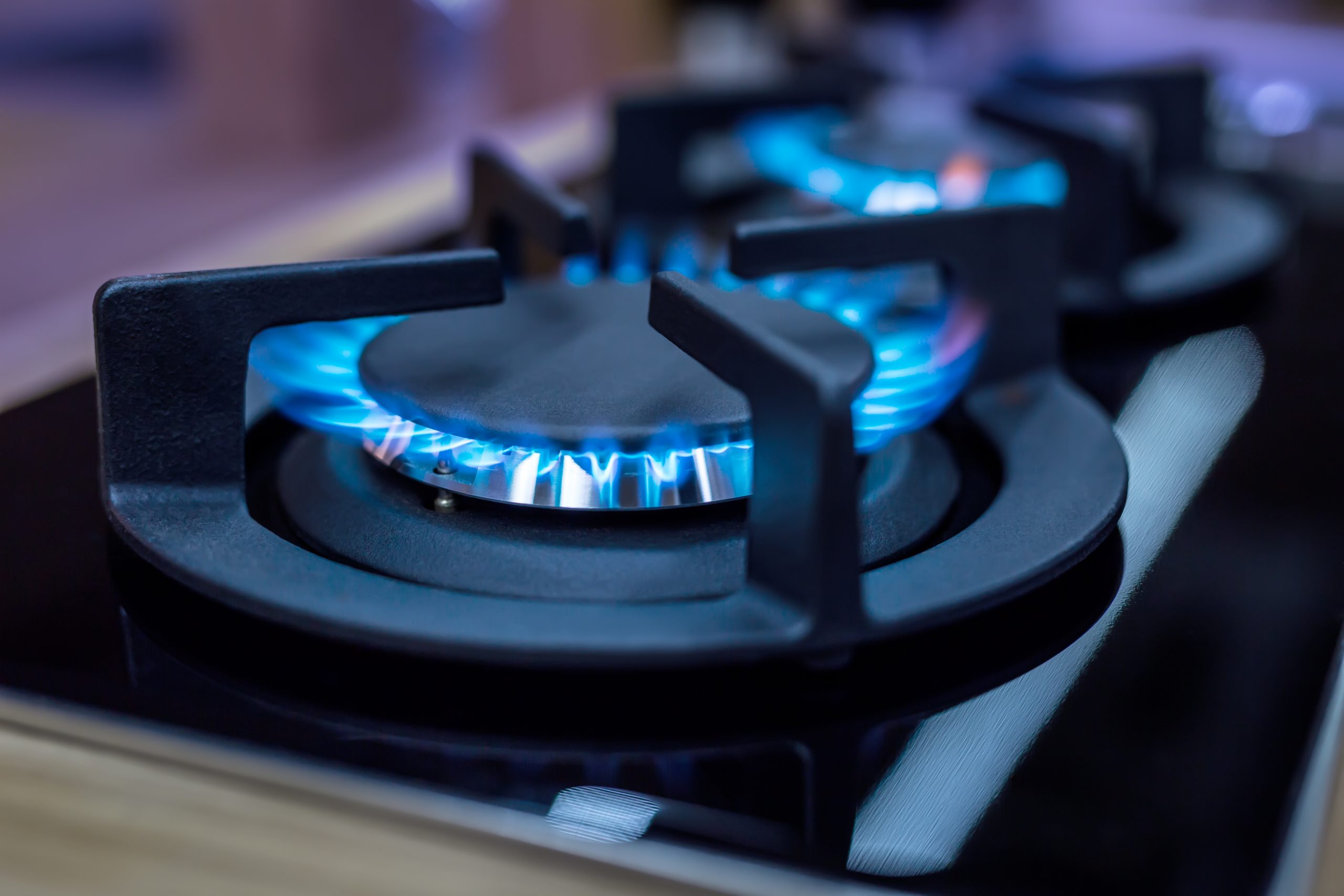Household Bills
Gap between cheapest energy deals and price cap plummets to lowest ever level

Switching energy tariff was once a sure-fire way to save some cash, but not anymore.
That’s according to new research showing the gap between the cheapest energy deals and the energy price cap has plummeted to its lowest ever level.
The regulator’s price cap limits the amount suppliers can charge households on standard and default tariffs, which were typically among the most expensive deals on the market.
At the start of October, Ofgem increased the price cap from £1,138 a year to £1,277 for a typical dual-fuel household.
But due to soaring wholesale prices and the resulting energy crisis, price capped tariffs are now some of the cheapest options.
Analysis by Cornwall Insight shows the difference between the ten cheapest tariffs and the current default tariff cap stands at just £11 a year, compared to £291 a year in September 2020.
This is the lowest level this gap has fallen to since the introduction of the price cap in January 2019.
James Mabey, analyst at Cornwall Insight, said the reduction in potential savings for customers has caused the level of customer switching to “reduce significantly”
“Usually, a rise in the default tariff cap by Ofgem would widen the gap between the cap and the lowest deals making switching more worthwhile. However, with wholesale prices remaining well above typical levels, it is not clear that the savings gap will reopen,” he said.
“This is compounded by the fact that many tariffs have been removed from the market.
“The drastic reduction in the number of tariffs available, along with a handful of suppliers stopping customer onboarding completely, suggests that the domestic switching landscape will retain a low level of switching until the gap between delivered costs falls below the price cap once more.
“This will either be when the price cap is amended in April next year or the current highs in the wholesale market abate.”